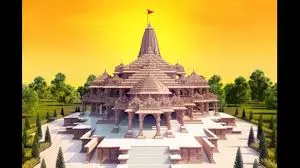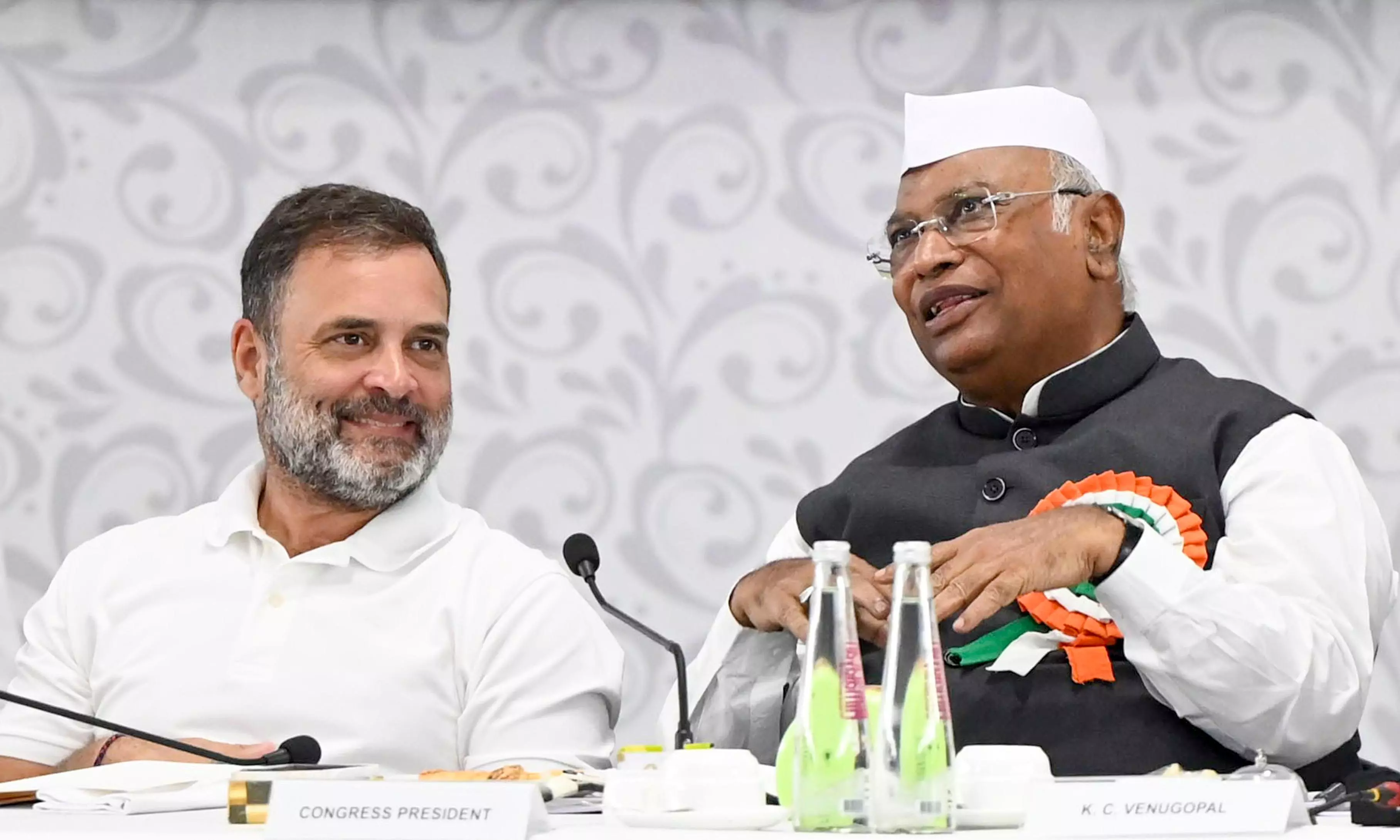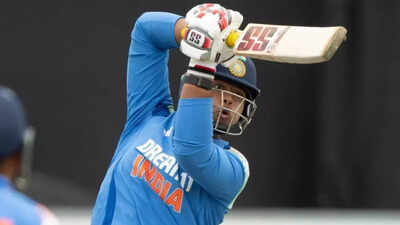
organisation.
For me and my colleagues, it was a civilisational issue that we have been able to build a temple in the birthplace of Lord Ram after such a long struggle. After all, Ram belongs to the whole society and not just Hindus. Many in the audience enjoyed the excellent talk given by Mr Misra. The talk was chaired by Tejendra Khanna, a former lieutenant-governor of Delhi.
My own plea at the end of the talk was that we look forward to the holistic Ram Rajya, whatever be the outcome of the then ongoing general election, rather than any divisive fundamentalist agenda. According to his book, Hind Swaraj, published in 1929, Mahatma Gandhi had defined “Ram Rajya” as the kingdom of justice, equality and truth. Somewhat reflecting from the metaphor of “Vasudhaiva Kutumbakam”, Gandhi also preached Ram Rajya as the binding principle of good global governance.
On the other hand, vice-president Jagdeep Dhankhar reminded us of the spirit of “Ram Rajya” which is enshrined in the Constitution and that its
makers had thoughtfully placed the picture of Lord Ram, Lakshman and Goddess Sita on the top of the chapter related to the fundamental rights. He
said this at a public event in Jaipur in June. It is therefore my plea to the new National Democratic Alliance government to imbibe the principles of Ram Rajya in their governance agenda. This follows from what Bhishma tells Yudhisthira in the Shanti Parv of the Mahabharata, which was repeated by Chanakya in Arth Shastra: “The happiness of the ruler lies in the happiness of his subjects. It is not what the ruler likes that matters, but only what people like.”
Having spoken about the spiritual principles which should usher in Ram Rajya, let me come to one of the most fundamental problems of
unhappiness which we have is poor employment and low wages.
There are few others but let me start with this as our under-employed and unemployed youth numbers are huge. The new government is looking at
this as an imperative goal to be targeted and that all forces of society, the government and the market should work together to create jobs and job creators. This too has to be done in a granular fashion and states must be an inseparable part of this shared responsibility. Considering political differences, how can this be achieved? The Niti Aayog has been designed to play this role, but it needs to be steered by an experienced politician with a proven track record who can be accepted by all parties. As it stands, the Niti Aayog has excellent economists and scientists in leadership positions, but that is a necessary condition and not sufficient. We will need all of them for their grey cells. A senior politician can play this leadership role, if he or she agrees. They would need suitable incentives to play such a role without being viewed with suspicion as another centre of power.
Second, this is where the states have a bigger role to play, subject to their getting adequate funding from the Central pool: healthcare, education
and skilling. These basic values are necessary to increase productivity and improve our competitiveness, which would lead to the desirable higher
growth. For all the three areas, let there be well designed doable agendas to be overseen by Central missionary councils. These councils should be headed by state ministers from Opposition-ruled states and not Union ministers, for better ownership. This would be one way to bring the whole
nation together.
Third, a critical area which also needs cooperative management is finance. This huge topic needs so many issues to be sorted out. One among them is
the rationalisation of rates under the Goods and Service Tax (GST). This should also be under a missionary council to be headed by a state minister. Fourth, the Centre should urgently enter into a national compact with the Opposition parties and state governments to promote the national agenda for growth, jobs and happiness. This would be true cooperative federalism. After all, we did succeed in bringing in the GST as an internal market integration instrument which required consensus across the states and also amendments in the Constitution.
Just after the elections, RSS supremo Mohan Bhagwat had stressed on governance by consensus and for peace. He reiterated the paradigm that political parties can be rivals in the country but they are not enemies, drawing from the analogy of a coin having two sides, which are inseparable. In conclusion: Let me say that there are umpteen areas which require reforms, on which much has been written here and elsewhere. Some of which are in the exclusive domain of the Union government and many are in the domain of state governments. Both have to work together through consultation and consensus. Let me therefore invoke Ram Rajya as the guiding principle for good governance and people’s happiness.






